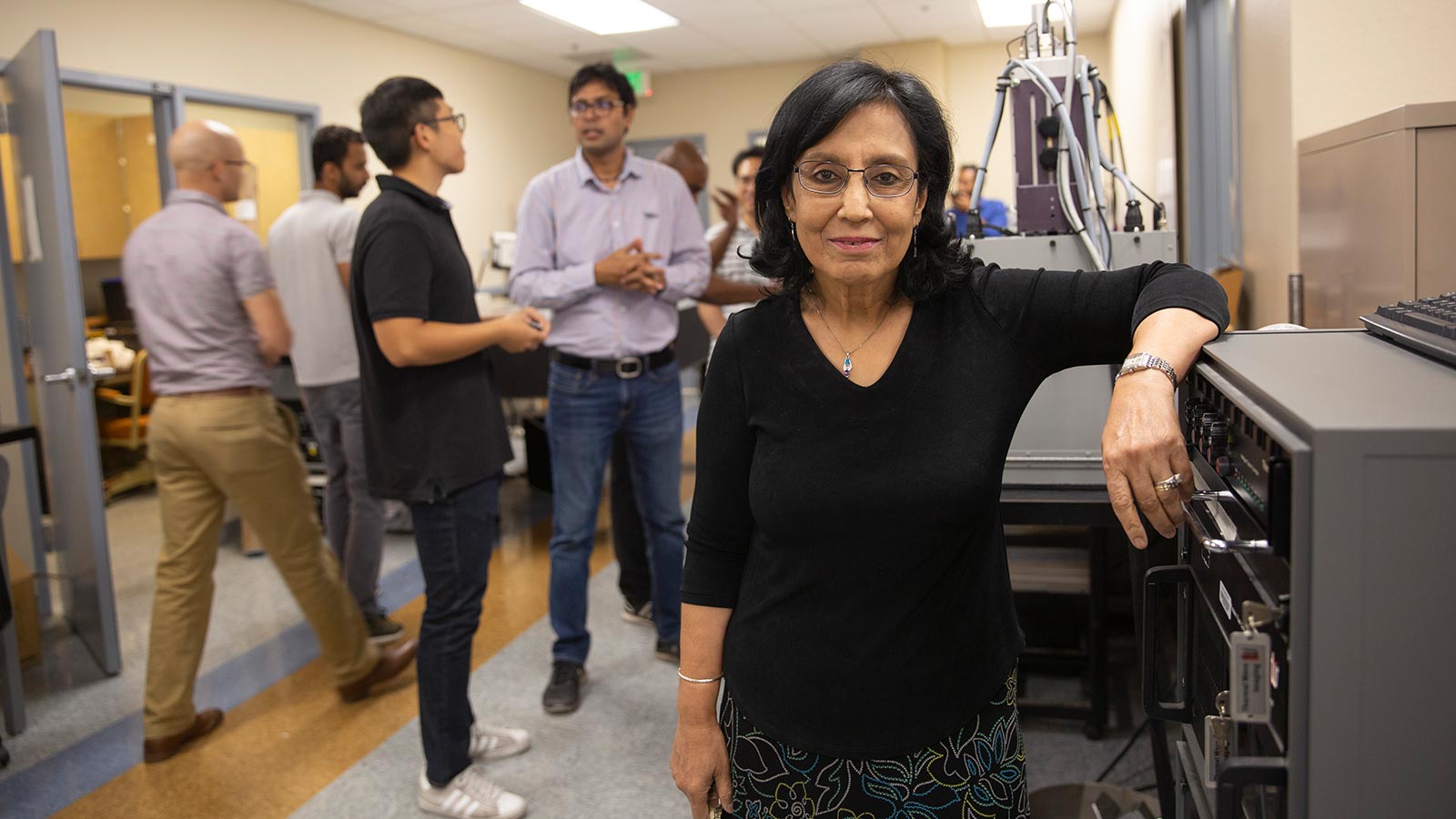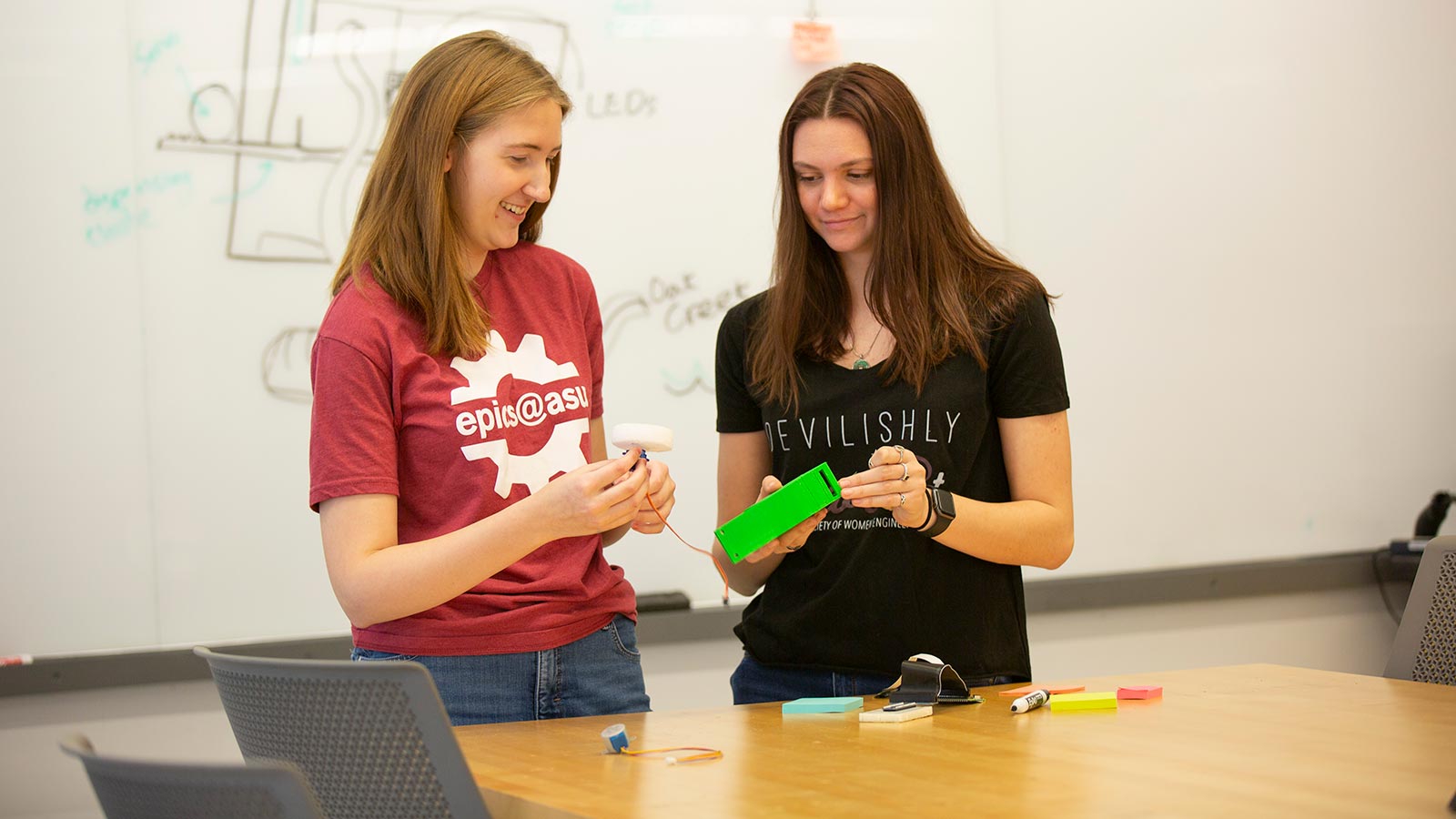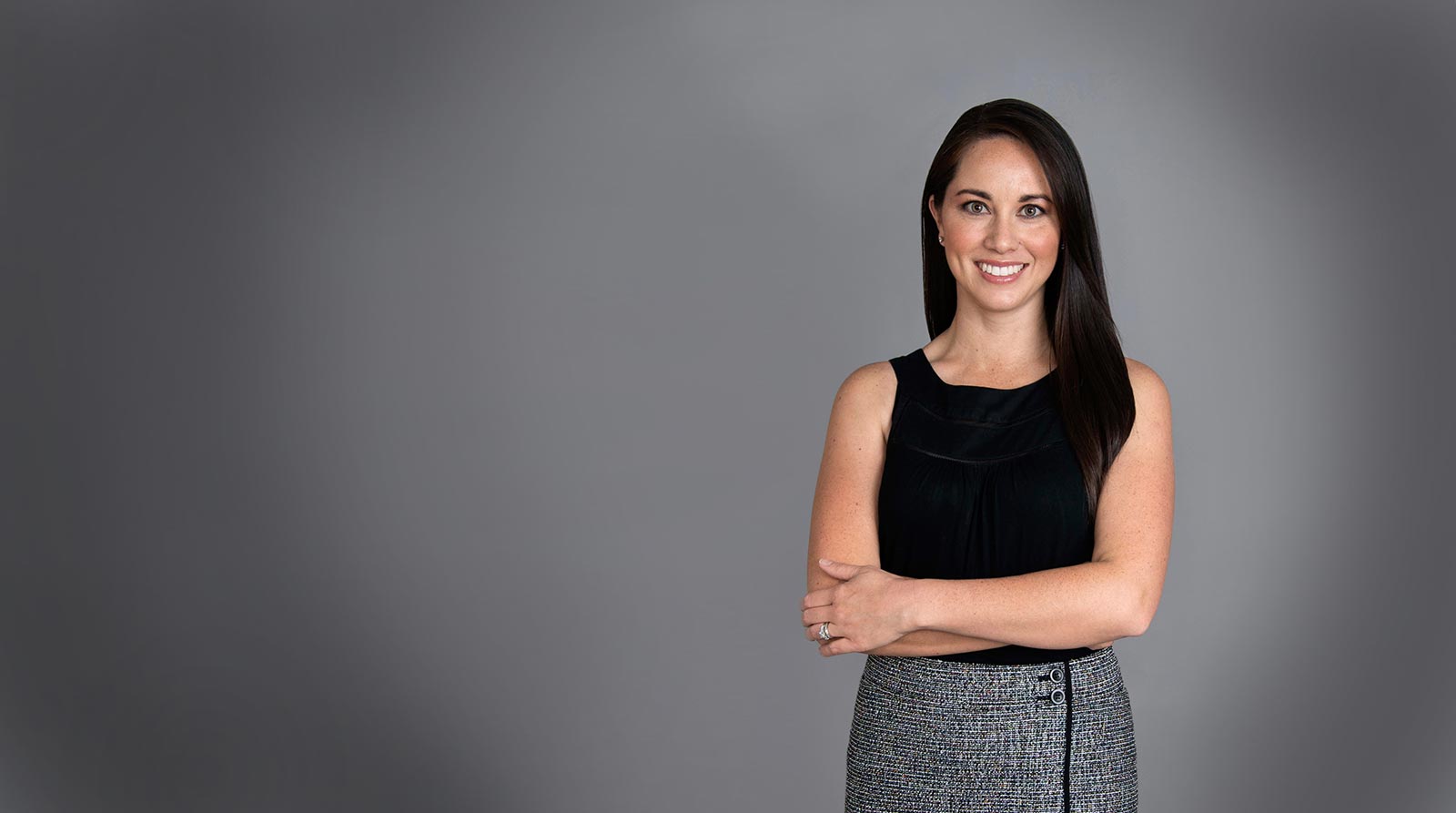Women in engineering
Convergence magazine > Women in engineering
How does the Fulton Schools stack up?
No. 2
Engineering technology degrees
awarded to women
No. 6
Women as tenure/tenure-track faculty
No. 13
Bachelor’s degrees
awarded to women
How does the Fulton Schools stack up?
-
#2 Engineering technology degrees awarded to women
-
#6 Women as tenure/tenure-track faculty
-
#13 Bachelor’s degrees awarded to women
Kristen Eckman
Student to complete four degrees in five years
Kristen Eckman graduated this spring with three bachelor’s degrees — mechanical engineering, aeronautics and astronautics. Next fall she’ll return to complete a master’s degree in aerospace engineering through the Fulton Schools 4+1 accelerated program. Eckman says once she determined that earning the degrees simultaneously could be done, she made the decision to chase the challenge.
Aditi Chattopadhyay
Resilience in materials and life
No stranger to resistance, Regents Professor Aditi Chattopadhyay has forged her own path in aerospace engineering to design resilient materials capable of withstanding the rigors both here on Earth and beyond. Chattopadhyay’s tenacity has informed her approach not only to novel materials, but also the teaching ethos and the culture in her lab, the Adaptive Intelligent Materials and Systems Center.
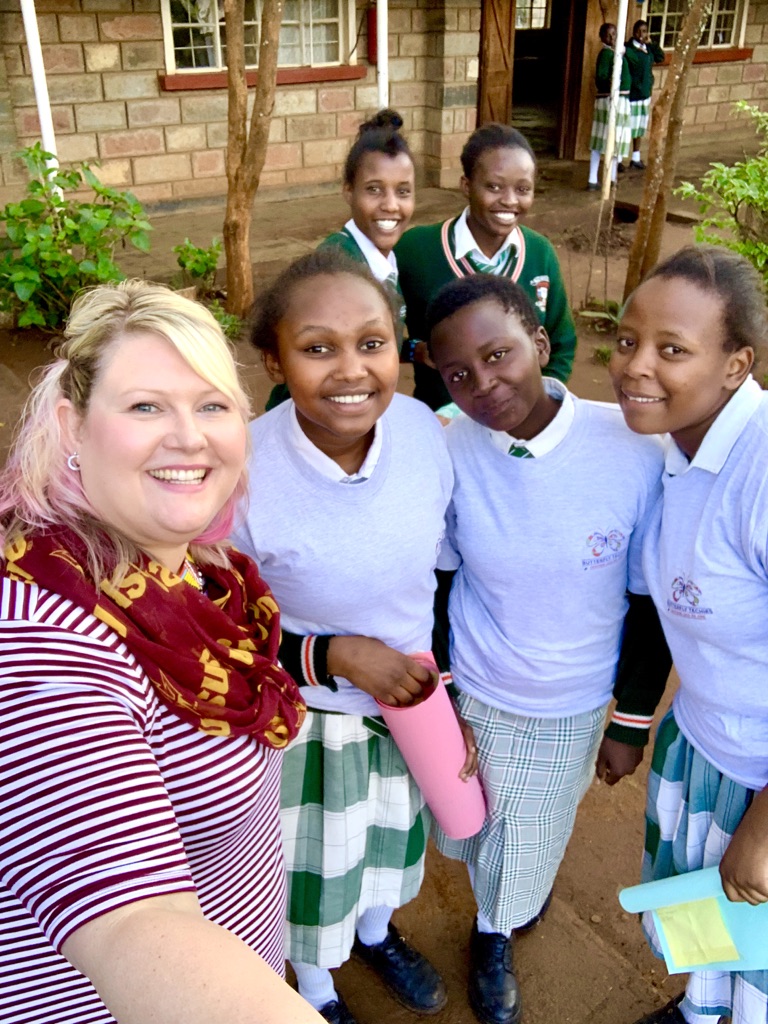 Christina Carrasquilla
Christina Carrasquilla
Redesigning the mindset for girls in STEM
Christina Carrasquilla, a graphic information technology lecturer in The Polytechnic School, took her design thinking curriculum from Arizona to Africa to inspire high school girls to consider careers in science, technology, engineering and math. She worked with Mandela Washington Fellow Janet Silantoi from Kenya to develop an app boot camp for girls at the AIC Moi Girls Secondary School in Samburu County, Kenya.
Christina Carrasquilla
Redesigning the mindset for girls in STEM
Christina Carrasquilla, a graphic information technology lecturer in The Polytechnic School, took her design thinking curriculum from Arizona to Africa to inspire high school girls to consider careers in science, technology, engineering and math. She worked with Mandela Washington Fellow Janet Silantoi from Kenya to develop an app boot camp for girls at the AIC Moi Girls Secondary School in Samburu County, Kenya.
Julie Larsen and Arianna Comes
EPICS students look to improve usability of an Arizona treasure
When students Arianna Comes and Julie Larsen learned about the E. coli contamination at Slide Rock State Park in northern Arizona as high school students, they knew the wanted to do something about it. As part of the EPICS High program, the two developed an autonomous alert system to help inform researchers when E. coli levels in exceed U.S. Environmental Protection Agency criteria. Now students in the Fulton Schools, Comes, a chemical engineering major, and Larsen, an aerospace engineering major, are continuing their project at the university level in the Fulton Schools Engineering Projects in Community Service program, known as EPICS.
Lenore Dai
Turbulent terrain: Peering beneath the Venusian surface
If you want to test a technology’s toughness, test it on the planet Venus. And that’s just what Professor Lenore Dai, a chemical engineer and director of the School for Engineering of Matter, Transport and Energy at ASU, will do. She is leading a multi-institutional team of researchers working to understand the interior structure of Venus. With funding from a $1 million NASA grant, Dai and her team will produce a miniature seismometer capable of operating effectively in the extreme Venusian environment.
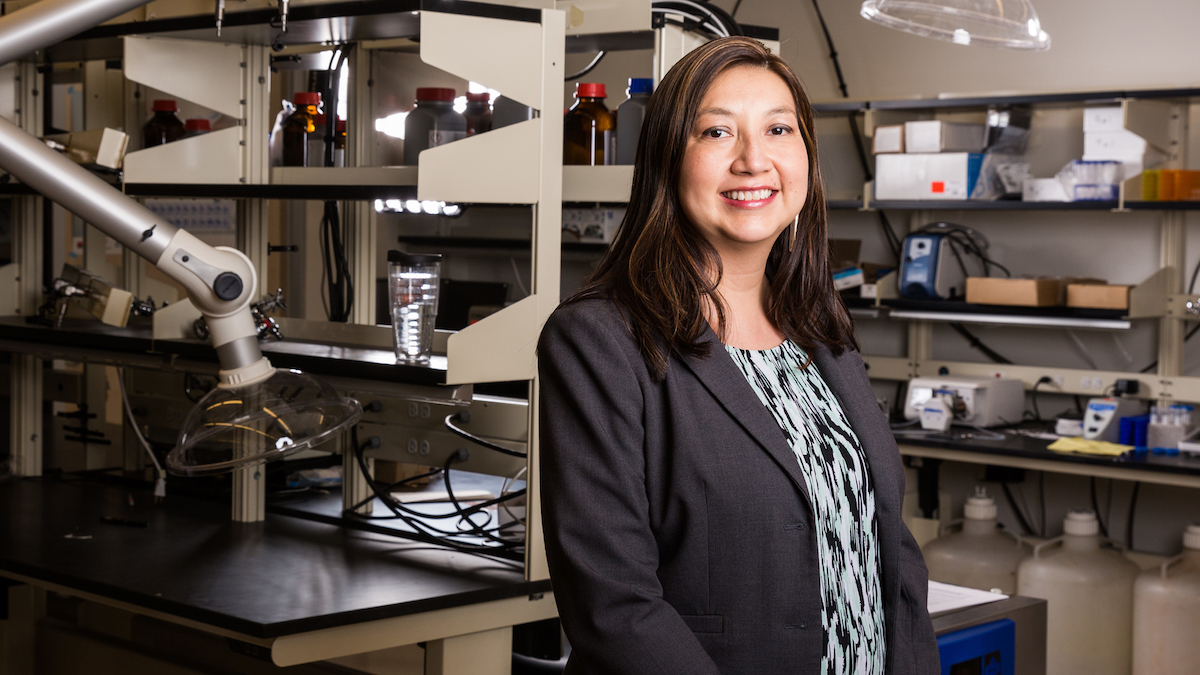
Otakuye Conroy-Ben
Assessing the quality of water to improve the quality of life
Research that is helping regional communities solve their wastewater pollution problems has earned Otakuye Conroy-Ben, an assistant professor of environmental engineering, a Technical Excellence Award from the American Indian Science and Engineering Society. The award is presented to an indigenous professional who has made contributions to STEM by developing a product or solution that helps in the Native American community. Conroy-Ben studies environmental endocrine disruption, antibiotic-resistant genes that arise from wastewater, and the transport of microbes in water. She works closely with tribal communities in the Great Plains.
Yung Koprowski
Making a difference in the community
Fulton Schools alumnus Yung Koprowski was appointed to the town council of Gilbert, Arizona. Koprowski, the founder and principal of Y2K Engineering, brings her experience as a traffic operations engineer and a road safety professional to the post. She is helping community leaders employ technologies to improve traffic efficiency and minimize traffic problems. In 2019, Koprowski was named among the Phoenix Business Journal’s 40 under 40 young professionals list.
Nancy Cooke
Autonomy isn’t autonomous
Robots and artificial intelligence are growing more and more autonomous. But they still need to work efficiently with humans to be effective. Nancy Cooke, professor of human systems engineering in The Polytechnic School, explores how humans, robots and AI can best work together as a team.
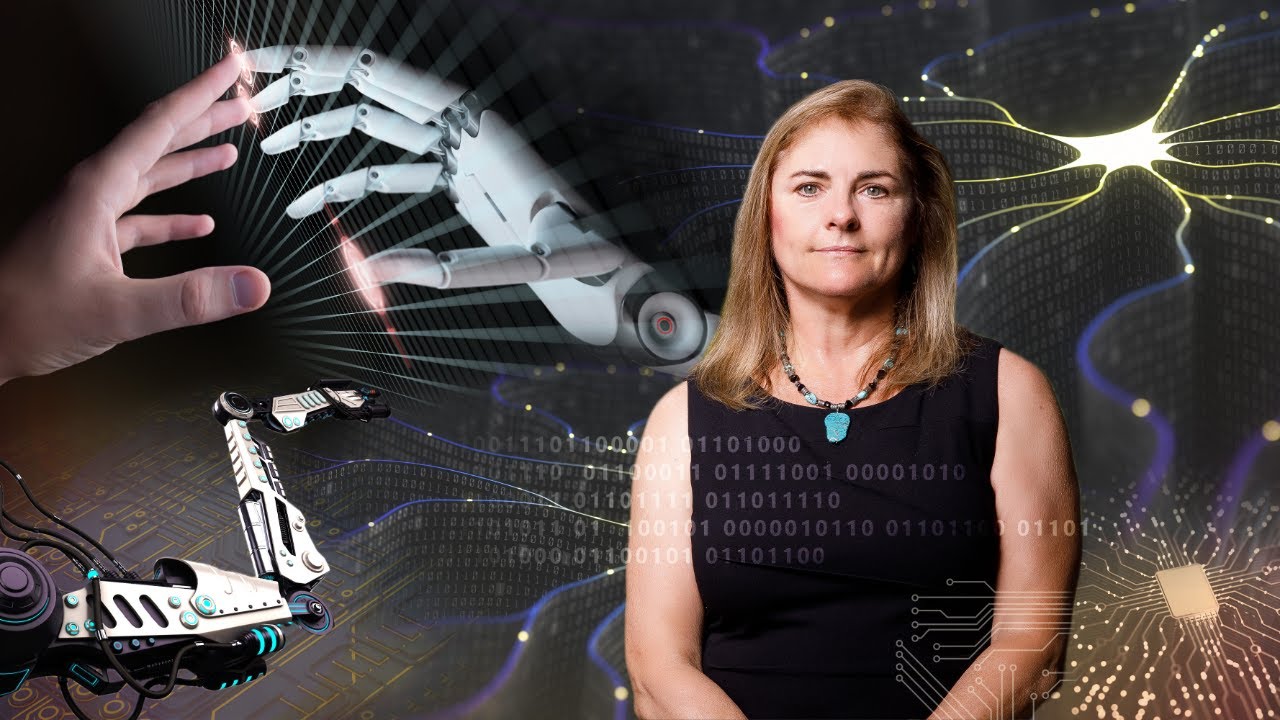
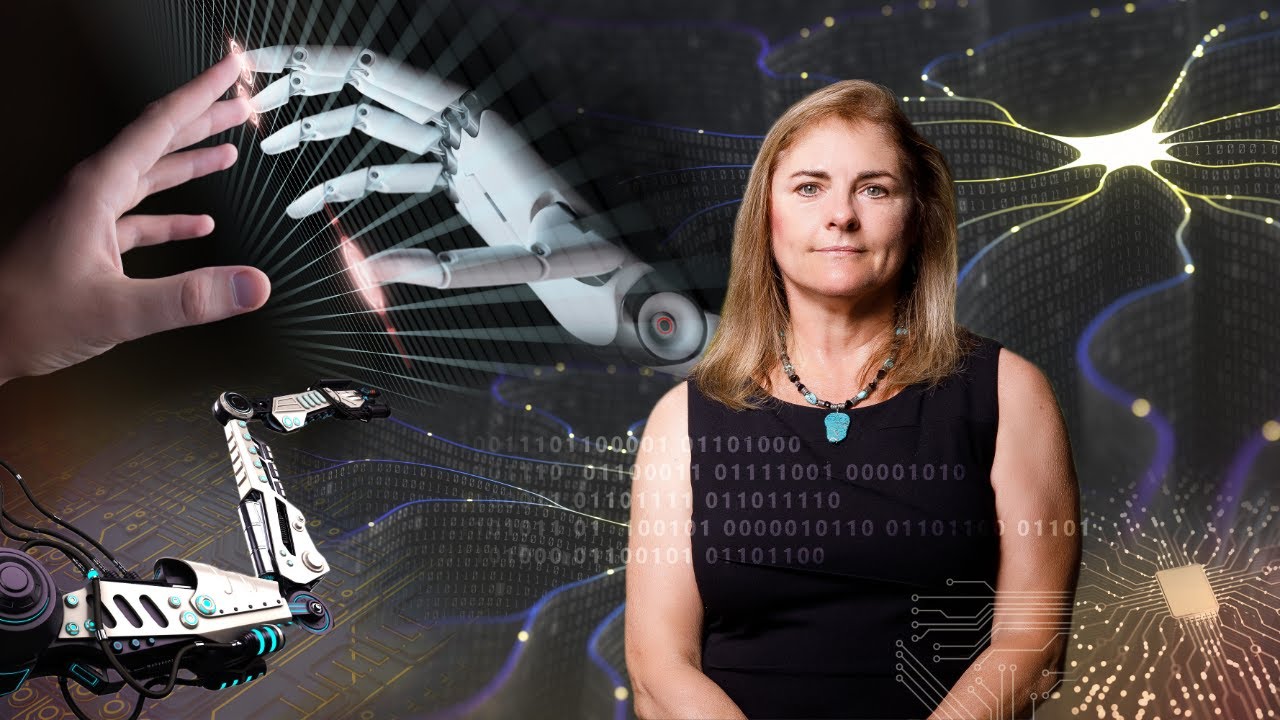
Nancy Cooke
Autonomy isn’t autonomous
Robots and artificial intelligence are growing more and more autonomous. But they still need to work efficiently with humans to be effective. Nancy Cooke, professor of human systems engineering in The Polytechnic School, explores how humans, robots and AI can best work together as a team.
